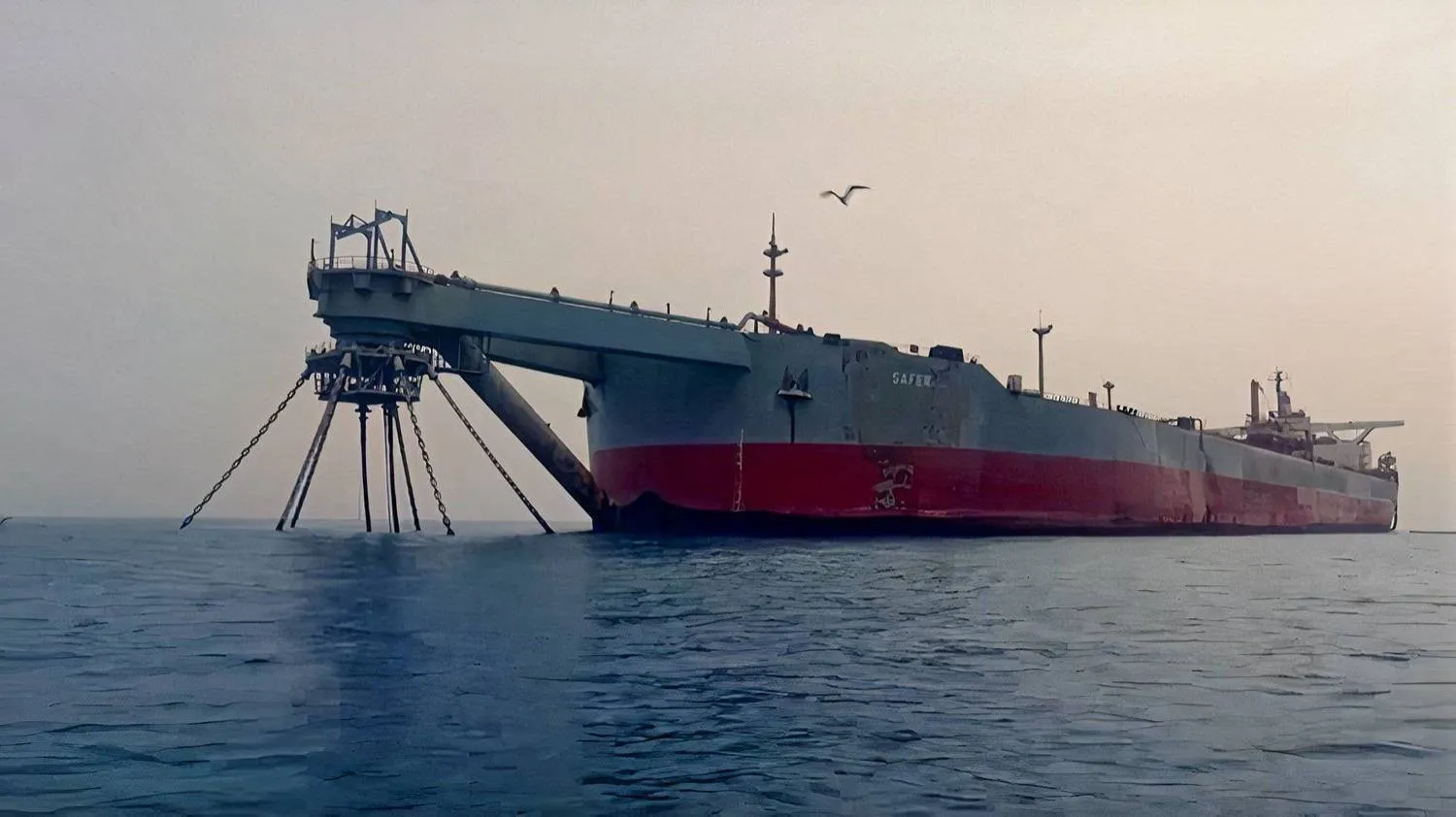The transfer of crude oil from the dilapidated Safer tanker, stranded off the coast of Yemen since 2015, is expected to start early next week, the United Nations said.
Carrying over 1.1 million barrels of oil, the supertanker FSO Safer was abandoned off Yemen’s Red Sea port of Hodeidah since 2015, after which the vessel has deteriorated significantly, prompting fears of a major environmental disaster.
According to David Gressly, UN Resident and Humanitarian Coordinator for Yemen, the vessel Nautica is preparing to sail from Djibouti. It will moor alongside the Safer and once the transfer starts, it will take about two weeks.
“The completion of the ship-to-ship transfer of the oil by the start of August will be a moment when the whole world can heave a sigh of relief,” according to Gressly.
He noted that the “worst-case humanitarian, environmental and economic catastrophe from a massive oil spill will have been prevented.”
After the oil has been off-loaded, the next critical step will include delivery and installment of a catenary anchor leg mooring (CALM) buoy, which is secured to the seabed, and to which the replacement vessel will safely be installed. The CALM buoy needs to be in place by September.









